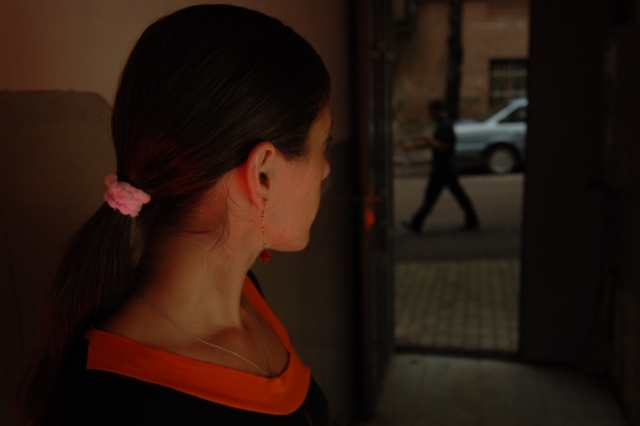CoE Report Commends Georgia on Anti-Trafficking Legislation & Policy Progress
Since 2012, Georgia has made progress in further developing data collection, assisting vulnerable groups and improving the legal framework to combat the trafficking of human beings. However, more needs to be done to ensure the timely identification of victims of trafficking, assist them and guarantee effective investigation and prosecution - these are the key conclusions of the Council of Europe’s (CoE) anti-trafficking expert group (GRETA).
Georgia remains a country of origin of victims of trafficking in human beings. Over the past five years, some 80 people were officially identified as victims; the vast majority of them Georgian nationals. Most of the victims were trafficked for the purpose of labor exploitation, with trafficking for the purpose of sexual exploitation, both abroad and within Georgia, coming in second place. Turkey is the main country of destination of Georgian victims of human trafficking. Unemployed women, people from socially unprotected groups, such as internally displaced persons (IDPs), and children living and working on the streets, are the most vulnerable to trafficking.
On a positive note, GRETA says that Georgia has implemented a number of its previous recommendations. The Criminal Code was amended and a new chapter on child victims was introduced into the Law on Combating Trafficking. Further, foreign victims of human trafficking can now receive temporary residence permits both on the grounds of their co-operation in criminal proceedings and for humanitarian reasons. Special mobile groups were set up to detect and assist children living on the streets, including in their acquiring identity documents. GRETA also commends the setting up of a unified database on human trafficking and the efforts made to train a variety of professionals and to raise general awareness on trafficking.
However, despite the progress achieved, some issues give rise to concern and require urgent action. GRETA notably urges the Georgian authorities to take further steps to ensure the timely identification of victims of trafficking, with a special focus on assisting child victims. GRETA also calls on the Georgian authorities to specifically define in the legislation the recovery and reflection period that should be granted to all possible victims of trafficking, regardless of their co-operation with the police.
GRETA welcomes the increase in compensation granted to victims of trafficking from the State, but remains concerned by the absence of compensation from the perpetrators and urges the authorities to review the criminal and civil procedures regarding compensation and to ensure that traffickers’ assets are frozen and confiscated to secure compensation. The low number of prosecutions and convictions in trafficking cases is another cause for concern for GRETA. The report stresses that it is important to ensure, where possible, that human trafficking charges are not re-qualified into other offences which carry lighter penalties. Other recommendations concern the specialization of investigators, prosecutors and judges to deal with human trafficking cases and the exclusion of human trafficking from the plea bargaining procedure.
GRETA also recommends introducing a mechanism of effective monitoring of private employment agencies and other intermediaries to ensure the authenticity of the job offers they promote and so prevent trafficking for the purpose of labor exploitation.
Vazha Tavberidze
Photo: OSCE












